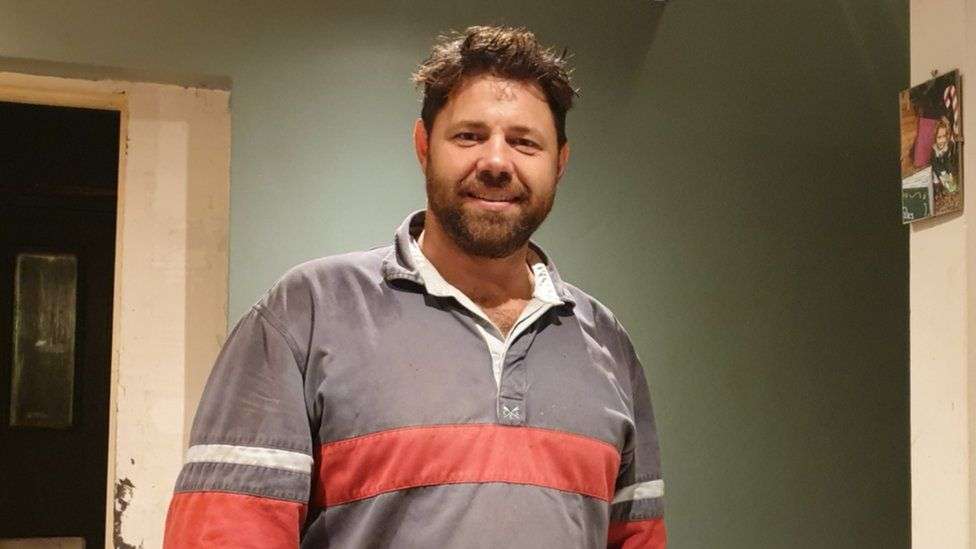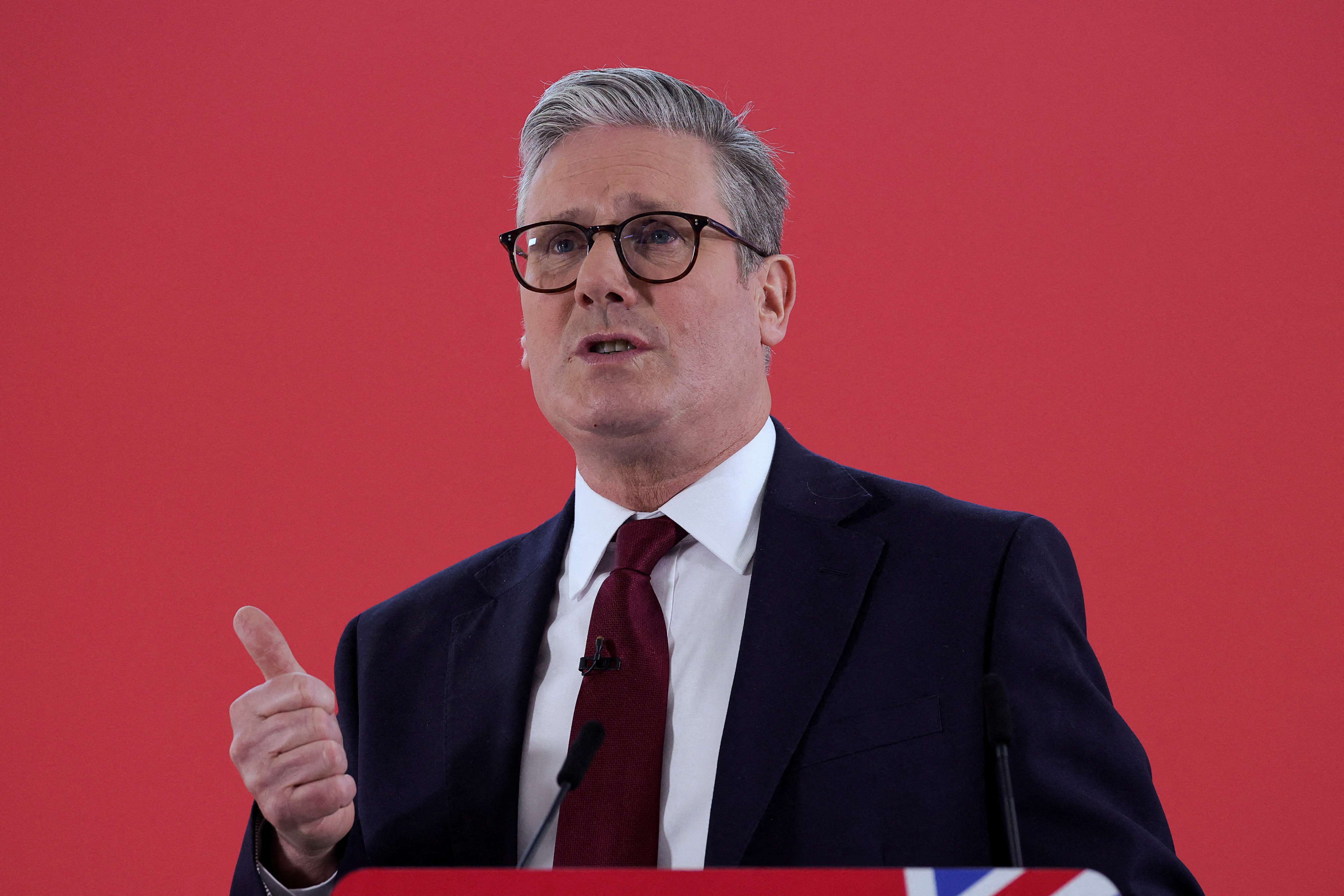Among a range of green policy changes made by the government last month, Rishi Sunak announced grants to help people make the transition from boilers to heat pumps would be increased. But people living in rural England say the raise barely makes a dent in the expense of switching.
The cost of buying and installing a pump depends on the type of unit and the size of your property, but ranges between £7,000 and £35,000.
From Monday, the grant for people in England and Wales who want to install an air or ground-source heat pump in their home increases to £7,500.
However, the Boiler Upgrade Scheme grants do not necessarily cover the full cost of installation or any recommended property renovations.
Properties must have an eligible Energy Performance Certificate (EPC) issued in the last 10 years, with no outstanding recommendations for loft or cavity wall insulation.
If that has been advised, homeowners need to insulate their homes first, or do it as part of the application process.
A well-insulated home increases a heat pump's efficiency and reduces its running costs. If a house is not well insulated, a pump can cost people more than their existing setups, according to supplier Vaillant.
So how has the change of government policy gone down with some of the estimated 9.7 million people who live in rural England?
'Not many will be able to afford it'
Stuart Jefferies lives in the small Worcestershire village of Defford, in a house estimated to date back to 1450.
It has an oil fired central heating system and is one of 17 houses in a cul-de-sac which has no mains gas. "If you want to heat the house - it's electric, oil or bottled gas," he says.
As some of his walls and windows are not insulated or double-glazed, he says a heat pump wouldn't work efficiently in his home.
"We've got some timber-framed, single-glazed, leaded windows, which I've got no intention of changing because it would completely change the character of the house," Stuart says.
"The radiators would need to be changed for larger ones, which again, is something I don't want to do, because it would take up more space in a house that's not particularly big."
According to heat pump manufacturer Grant UK, as a general rule, people can expect to fit a radiator two and a half times larger than normal to provide the same heat output as a gas or oil boiler system.
Stuart says the increased grants announced in September "won't make any difference" to him.
"If the heat pump costs you five or six thousand, or maybe 10 or 12, and you've got another £15,000 worth of other alterations to bring the house up to a standard that it works, there aren't many people who are going to be able to afford that."
The government's push to "convert the entire country to heat pumps" isn't a "practical proposition", he adds.
'Some people like old houses'
Sam Plumbe is a builder and former site manager who lives in a listed property in the Hampshire village of Privett.
The last company he worked for built prefab homes and dismissed using heat pumps early on because of the infrastructure required, he says.
"It just wasn't worth it. By the time we'd put all the costs in for the underfloor heating, [locating] somewhere to site the appliance outside… trying to coordinate activities on site with something that will marry up from a factory."
At home he wanted to move his boiler to an outhouse, which gave him an opportunity to install a heat pump.
He got quotes for the cost of buying and installing an air-source heat pump from three different companies, which he says ranged between £21,000 and £23,000 - the equivalent cost of about 12 years of oil for his boiler.
"It's just too expensive, I can't afford that," he says.
Sam did find one of the recommended heat pumps on eBay for only £4,000 and wanted to give the installation a go himself, but this would have made him ineligible for a government grant.
Like Stuart, he says his home lacks decent insulation, so he was quoted for a big heat pump "which would have then used a huge amount of electricity".
"I can't get cavity insulation because there is no cavity... There's a lot of them [listed properties] like that. You just can't retrofit them very easily."
He says the government's heat pump targets are "knee-jerk" and ill-thought out.
"They [the government] should incentivize people to try and put other measures in that reduce the amount of oil that they need to use, rather than a dramatic 'You must install a heat pump'.
"The reality is, people who've bought old houses like old houses. We don't want a brand new house.
"We've bought an old house because we don't want to have an unsightly... heat pump on the outside."
'Moved the goalposts'
As part of the government's net zero changes, Rishi Sunak also confirmed the 2035 ban on the sale of new fossil fuel boilers would remain, but that there would be a new exemption to help households who would struggle to switch.
It also delayed the ban on oil and liquid-petroleum-gas (LPG) boilers and new coal heating for "off-gas-grid" homes, to 2035.
Reacting to these changes, chief executive of the Heat Pump Association (HPA), Charlotte Lee, accused the government of having "once again moved the goalposts for heat decarbonisation in the UK".
The HPA said that whilst it was "pleased" that Boiler Upgrade Scheme grants had been increased, the current budget would now "only support 20,000 heat pumps per year, just 3% of the 600,000 ambition for 2028", and urged the government to increase it.
A spokesperson for the Department for Energy Security and Net Zero said it understood many households have concerns in making the transition to net zero, which is why the prime minister announced a "new proportionate and pragmatic approach that doesn't put undue burdens on families".
"We remain committed to our ambition of 600,000 heat pumps a year installed by 2028, backed by a 50% increase in the Boiler Upgrade Grant announced by the prime minister - making it one of the most generous support schemes of its kind in Europe," the statement said.
"Heat pumps have an important role to play in how we reduce greenhouse gas emissions from heating, but no-one will be forced to install one."








